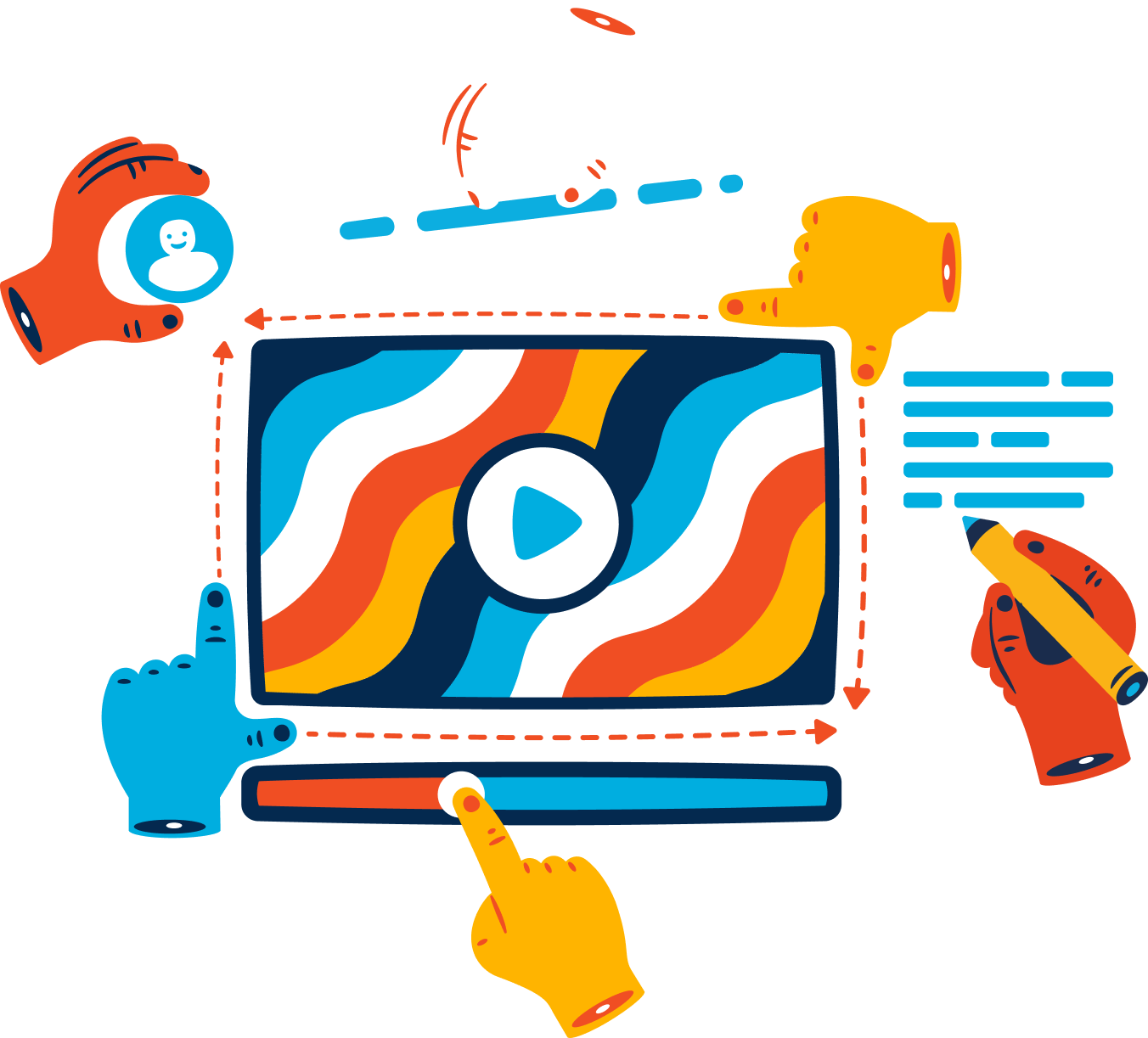5th September 2023
As wearable health and fitness technology continues to grow, some researchers believe that their benefits are still not reaching those who most need them....
On the face of it, the data-driven healthcare revolution has been a game-changer for everyone. Humans are complex machines, after all, comprising 37.2 trillion cells operating in harmony. Most of the time, at least. The more information we have about what’s going on with our bodies, the better placed we are to address any issues.
The rise and rise of wearable technology, such as sleep and exercise trackers, together with the newer category of ‘biowearables’ – glucose monitors, for example – have helped to humanise our personal data and encourage us to change behaviours. Deloitte Global forecasts that 320 million health and wellness wearables will ship to consumers worldwide in 2022 and, by 2024, that number will rise to almost 440 million. The world’s appetite for personalised information has never been stronger.
Are trackers a help or a hindrance?
However, to paraphrase one of Jurassic Park’s most famous lines, perhaps we were so busy wondering if we could, that we forgot to think about whether we should. Because some research shows that tracking ourselves may actually hinder our health journey, rather than helping us.
Despite the high use of mobile phones, health app usage and health app potential there is very little clinical evidence on their effectiveness, according to one study by JMIR. It points out the inherent paradox with health tracking apps, which is that research shows that those who tend to use them are younger, more educated, generally in good health and with a higher-than-average income. In short, the benefits that these apps bring are mostly preaching to the converted.

The question, then, is how can we widen their use and reach the hard-to-reach?
After all, this is arguably the most important group when it comes to health improvement: those who feel unable to seek out support through traditional mechanisms. The reasons for this vary, from embarrassment at their current level of wellbeing, to doubts that real change is even possible. A mobile phone app offers a private and personal way to initiate a positive health journey.
Health apps which relate to physical activity, weight loss and fruit and vegetable intake appear to have the most success in research, but this is because this is where the most research lies. Also, in relation to mental health, it’s much more complex in terms of variables to assess cause and correlation. A 2019 study published in the BMJ showed that the potential is great but there is a scarcity of data around effectiveness and usage, as app companies seem curiously reticent to reveal this information.
In their systematic review of the effectiveness of fitness trackers, a 2020 study published in the Journal of Behaviour and Information Technology noted the need for customisation and personalisation – key factors of other health behaviour digital tools, such as those for alcohol reduction. Personalisation makes the individual feel as though they are getting something back when they input their data and also acknowledges progress and provides relevant push notifications.
Can trackers help the hard-to-reach?
But when it comes to tracking our behaviour, it seems the jury is still out. There’s conflicting evidence at play with some studies showing users increase their autonomy, relatedness and competence – but others suggest it makes the ‘behaviour’ more task or work-like, and therefore less enjoyable.
A deeper dive into the data confirms that those who have a pre-existing motivation to improve will benefit most from these apps, seeing gains in physical health and psychological wellbeing. But for those who are hard to reach, or not in a space where they’re ready to change, then behaviour tracking is unlikely to motivate and indeed may leave them feeling worse.
The route to success for this subset is first engaging them with a mental health focused app, rather than one that’s aimed at radical behaviour change. In this way, they can build their sense of self-worth and reduce stress and anxiety. Once this solid foundation is in place, they can then think about bigger challenges.
Because everything stems from mental resilience. Get that right and everyone – particularly the hard to reach – will feel the benefit, physically and emotionally.





